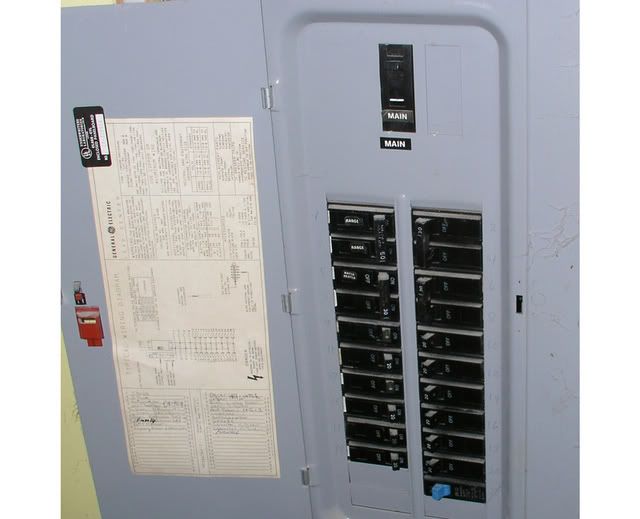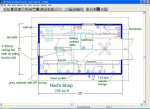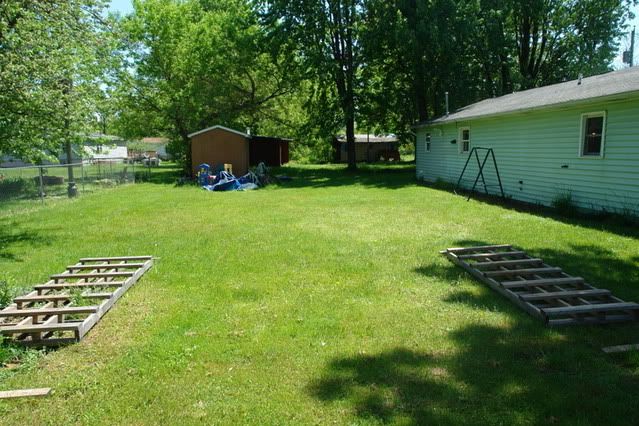Ned Bulken
Member
- Messages
- 5,529
- Location
- Lakeport NY and/or the nearest hotel
Since Ned's Woodshop is about to set sail, it is time for assessing the electrical situation.
I plead near total ignorance as to the Capacity of the house electrical system. To my untrained eye, it looks like I'll be getting separate service for the shop. what do you experts think?


the house is a modular trucked in and assembled just about 20 years ago.
the overall view of the panel is cut off just a bit, but that last space below the blue breaker is it, no more space beyond that.
the Range is a curiosity, because we have gas for cooking, hot water and clothes drier. I am going to build the shop using extension cords from the utility room, but obviously I'll need to do some upgrading in a hurry once I have the structure up and dried in.
I plead near total ignorance as to the Capacity of the house electrical system. To my untrained eye, it looks like I'll be getting separate service for the shop. what do you experts think?


the house is a modular trucked in and assembled just about 20 years ago.
the overall view of the panel is cut off just a bit, but that last space below the blue breaker is it, no more space beyond that.
the Range is a curiosity, because we have gas for cooking, hot water and clothes drier. I am going to build the shop using extension cords from the utility room, but obviously I'll need to do some upgrading in a hurry once I have the structure up and dried in.

 (laughs at how easy that is say compared to actually doing it)
(laughs at how easy that is say compared to actually doing it)

 ). Voltage drop is going to depend on wire size and load. According to the voltage drop table in my pocket ref (real handy for this), at 120V you can draw a full 15 amps on 120 feet of 8 awg wire and still be less than 2% voltage drop. For 20 amps at 120V, you could go 90 feet on 8 awg. Still kinda pricey extension cord! It would pay to measure the actual distance and get just enough wire to make up the right cord rather than buy a pre-made one.
). Voltage drop is going to depend on wire size and load. According to the voltage drop table in my pocket ref (real handy for this), at 120V you can draw a full 15 amps on 120 feet of 8 awg wire and still be less than 2% voltage drop. For 20 amps at 120V, you could go 90 feet on 8 awg. Still kinda pricey extension cord! It would pay to measure the actual distance and get just enough wire to make up the right cord rather than buy a pre-made one.